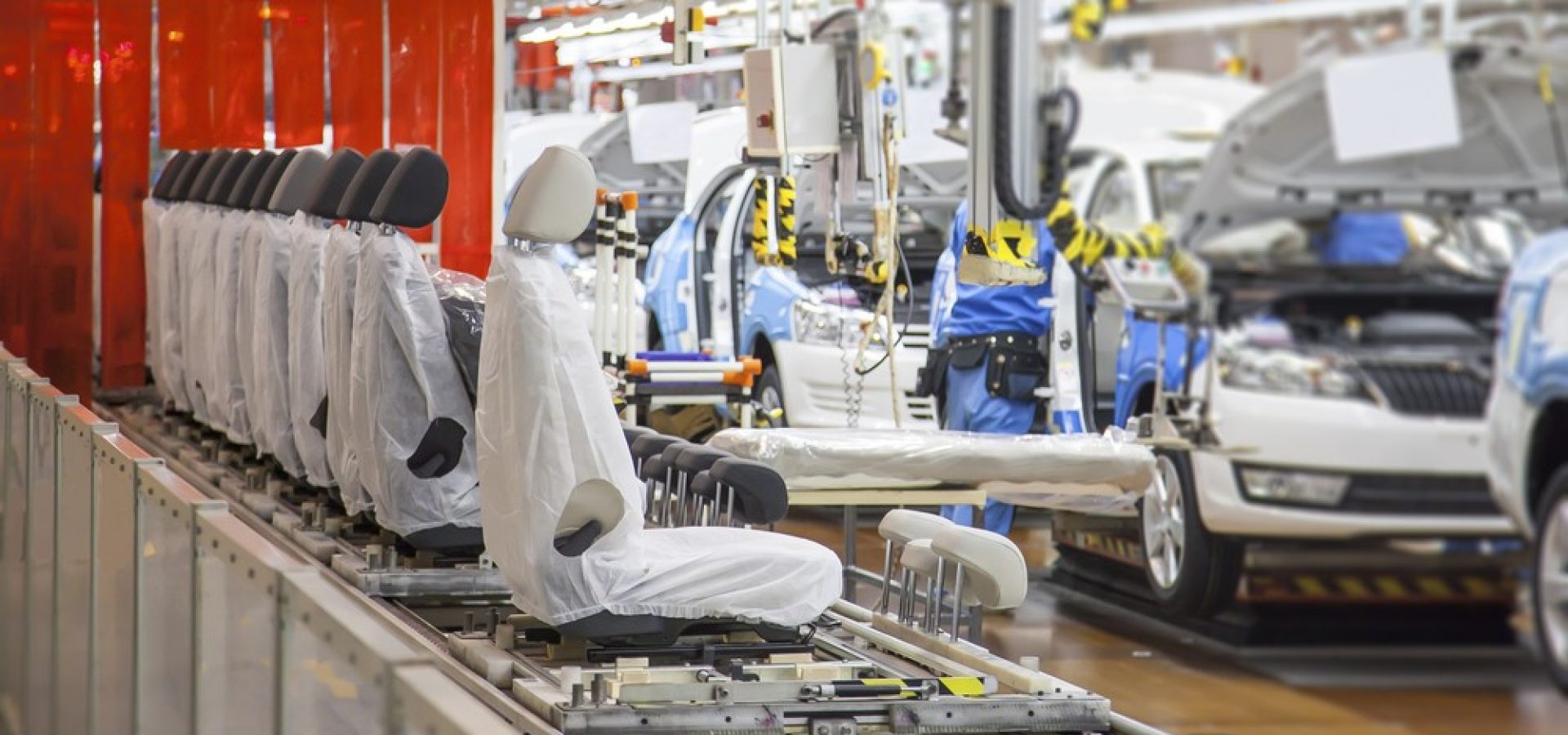The auto industry plays an important role in the economy of Germany. Currently, the car manufacturing industry is trying to deal with problems created by the coronavirus pandemic.
This industry supports tens of thousands of jobs in Germany. Moreover, car exports are important to the whole country’s economy. However, dwindling demand as well as challenges related to green technologies represent a serious challenge for the future of the local industry.
People should take into account that German automakers contribute significantly to the country’s economy. Notably, almost one-million well-paid jobs depend on this industry. Moreover, half of the well-paid employees are concentrated in the prosperous south of Germany.
Importantly, the economic downturn now challenges thousands of jobs across the country as well as income and tax revenues along the full supply chain. Unfortunately, many carmakers are not able to use their full capacities as the coronavirus pandemic disrupted many international supply chains.
Moreover, public health restrictions still apply to factories. This is not the end of the story as car dealers had to close for many weeks during the lockdown. Also, as customers are not sure what will happen to their jobs, they are reluctant to buy new cars. As a result, all of the factors mentioned above continue to affect the industry.
The economy of Germany and carmakers
The auto industry was struggling even before the coronavirus outbreak, as the market was heading for a slow year. Moreover, it was even on a downward cyclical trajectory. For example, the German passenger car market fell by 7.3% in January while in February the market decreased by 10.8%.
Hopefully, the industry has the potential to improve the situation thanks to several factors. For example, the government purchase incentives may helpt to support the German carmakers.
Governments across Europe, several months ago made the decision to shut down all but essential businesses. Hopefully, they started to remove some of the restrictions in Mid-May. The German government allowed car dealerships to re-open in late April. Giant automakers such as Volkswagen restarted production in early May.
Moreover, the country’s car industry was hoping for aid from the German government. Hopefully, the government announced a 130 billion euro stimulus package for the economy.
However, measures announced by the government may prove insufficient to cope with the ongoing situation. The country’s government decided to lower the tax on all goods including cars from 19% to 16%. However, it is a temporary decision. Moreover, the federal government will provide a 6,00 euro incentive for electric cars costing under 40,000 euros.









COMMENTS